
Institute for Medical Engineering and Medical Informatics


Institute for Medical Engineering and Medical Informatics
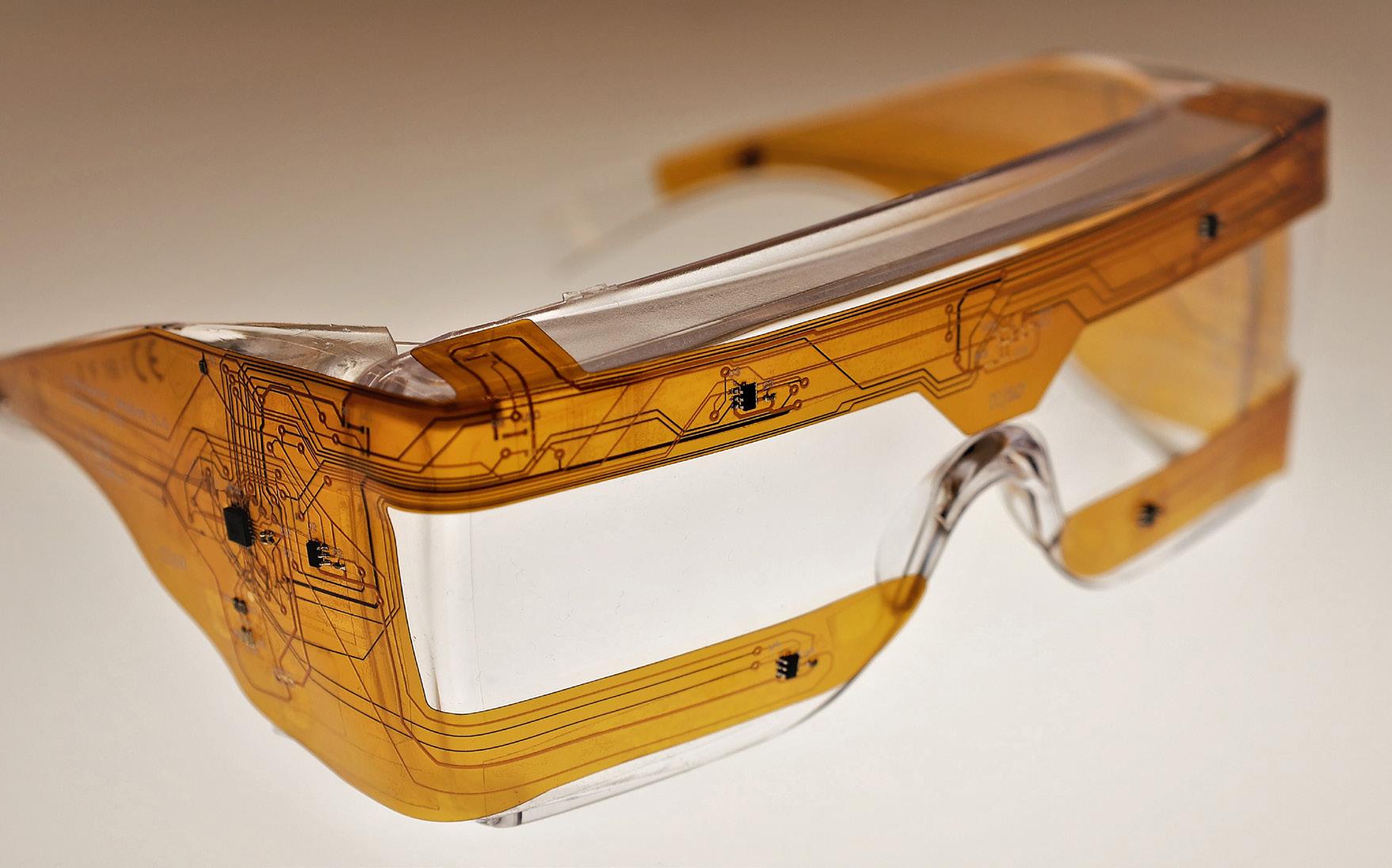
The Institute for Medical Engineering and Medical Informatics does advanced R&D in therapeutic systems and diagnostics. We focus on patient-centred solutions such as devices, implants and treatment methods, as well as medical data processing, analysis and communication. We collaborate with a wide range of industrial, medical, and research organisations to solve problems in the medical sector and develop cutting edge solutions, from concept through to functional model.
The Institute is an expert R&D partner. Our employees own experience from industrial and clinical environment, which they integrate not only into research, but also into teaching.

Sensing, data analysis and decision support and surgical assistance systems for brain and nerve stimulation in neuroclinical care including objective evaluations within observational and clinical studies.
Prof. Dr. Simone Hemm-Ode
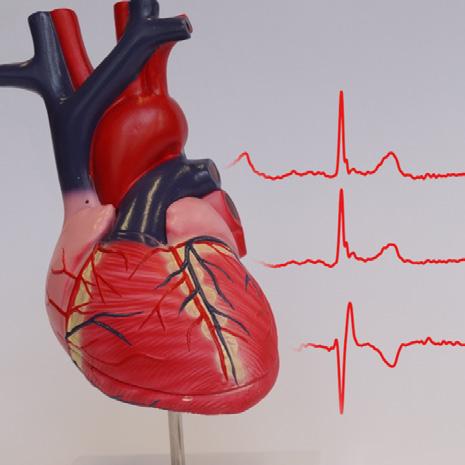
Digital analysis of biosignals and sensor data for diagnostic systems. Development of signal processing algorithms for new medical devices and for extracting new digital biomarkers.
Prof. Dr. Dr. med. Reto Wildhaber
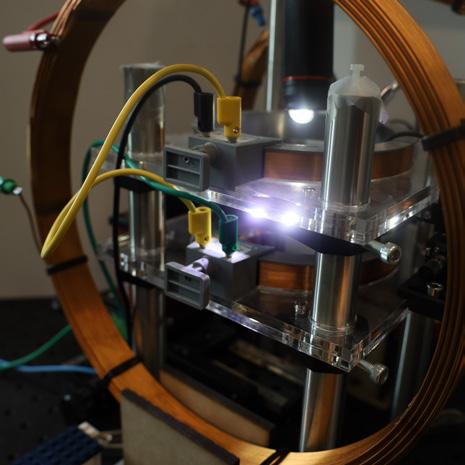
Design, implementation and testing of autocalibrated, networkable, miniaturised sensor systems for diagnosis and therapy.
Prof. Dr. Joris Pascal
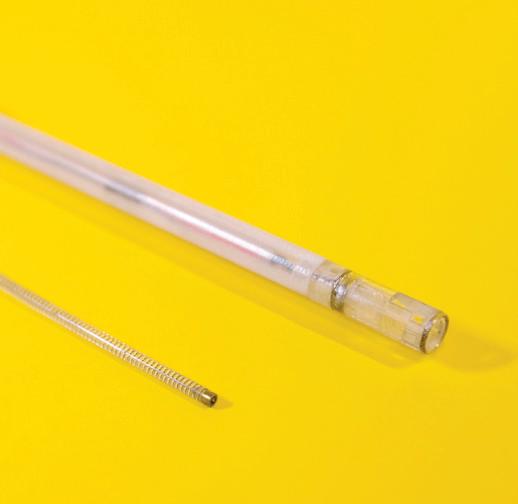
Patient-friendly treatment via new, improved minimally invasive instruments and support systems.
Prof. Dr. David Hradetzky

Supporting surgical procedures with computer-based planning, simulation, navigation and instruments.
Prof. Dr. Erik Schkommodau
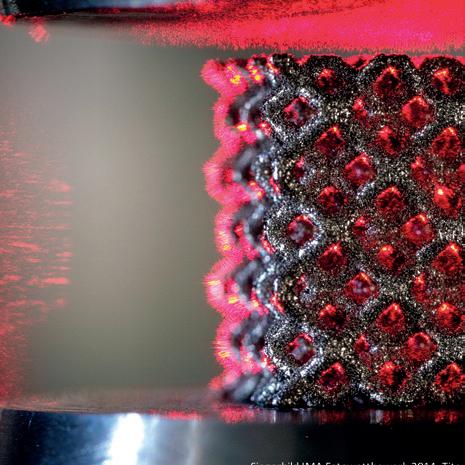
Investigation and optimization of materials and surfaces for biomedical applications.
Prof. Dr. Michael de Wild
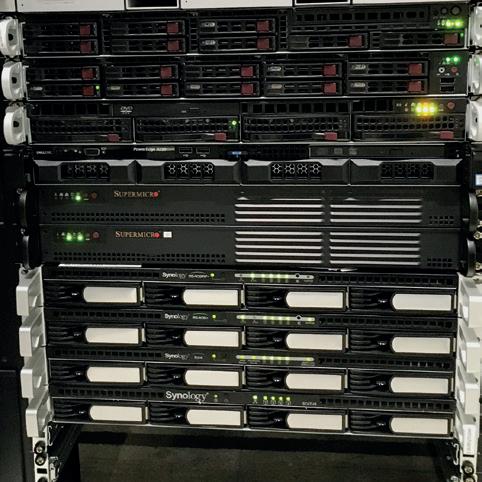
Design and development of integrated clinical data processing and management systems.
Prof. Markus Degen
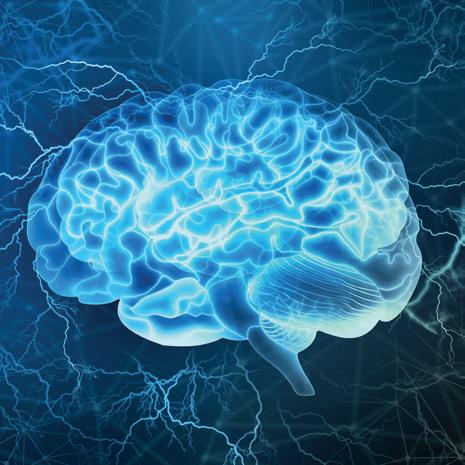
Artificial intelligence methods, highthroughput sequencing technologies, and software development for precision diagnostics and antibody discovery.
Prof. Dr. Enkelejda Miho
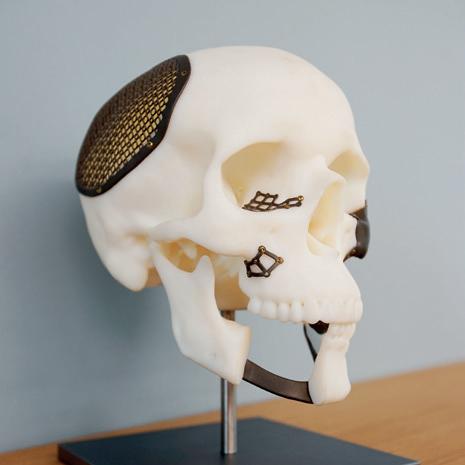
Development and modelling of anatomical structures for the creation of intelligent implants through additive manufacturing. Daniel Seiler
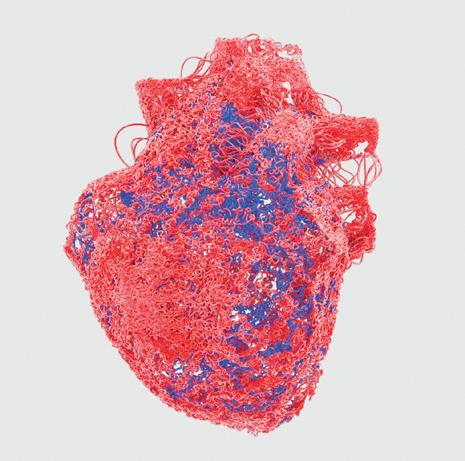
3D biofabrication of cell tissue and biohybrid micro systems for biology, medicine and pharmaceuticals.
Dr. Maurizio Gullo
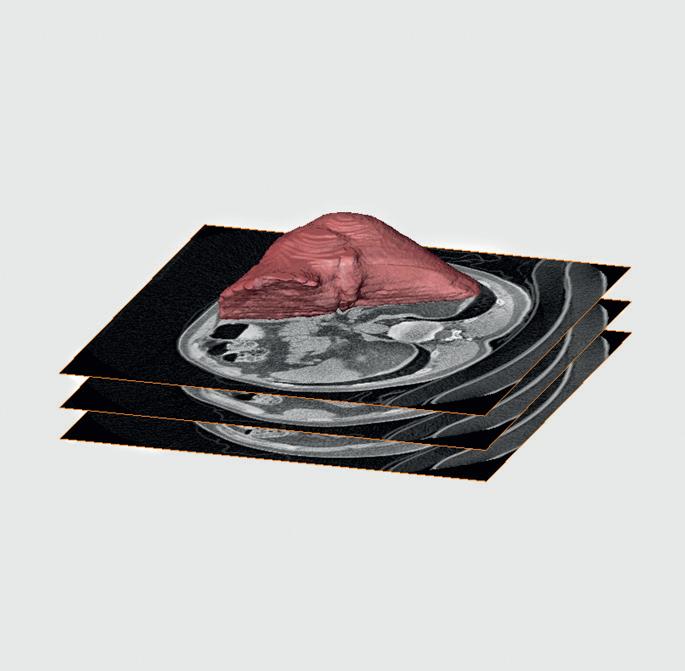
Image enhancement, extraction of imaging biomarkers, segmentation, registration and visualization, generation and quality control of synthetic medical images.
Prof. Dr. Antje-Christin Knopf
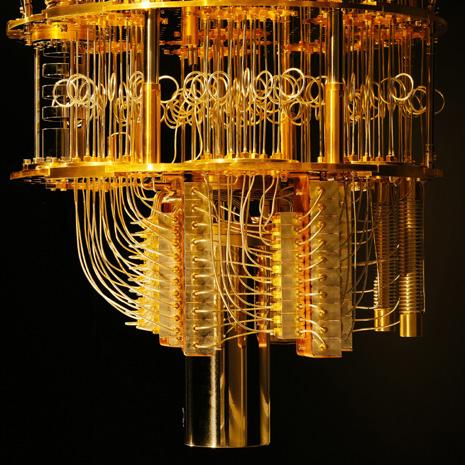
Quantum and AI hybrid algorithms for near-term applications in the life sciences. Quantum (bio)sensing and communications for healthcare applications.
Prof. Dr. Clément Javerzac

Acquisition, processing and analysis of medical and health care data; development of applications to make this data useable for patients and health care professionals.
Prof. Dr. Dominique Brodbeck
• Micro selective laser melting (µSLM) of metals
• Binder jetting of bone replacement ceramics
• Selective laser sintering (SLS) and fused deposition modeling (FDM) of thermoplastics
• Digital light processing (DLP) / stereolithography (SLA) of photopolymers
• Patient-specific anatomical models / cutting templates / implants
• Process qualification and validation in accordance with ISO 13485
• 3D Bioprinting
• 2-photon polymerization (Photonic Professional GT2)
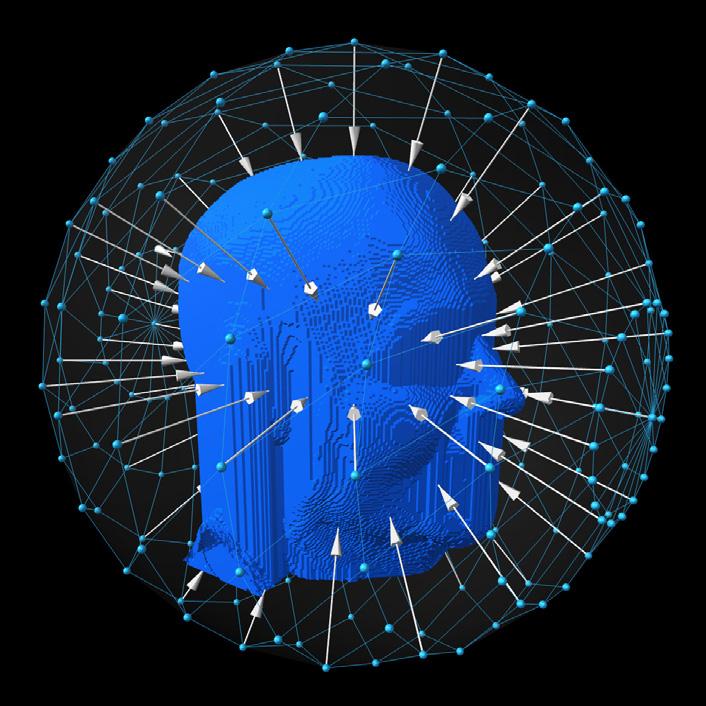
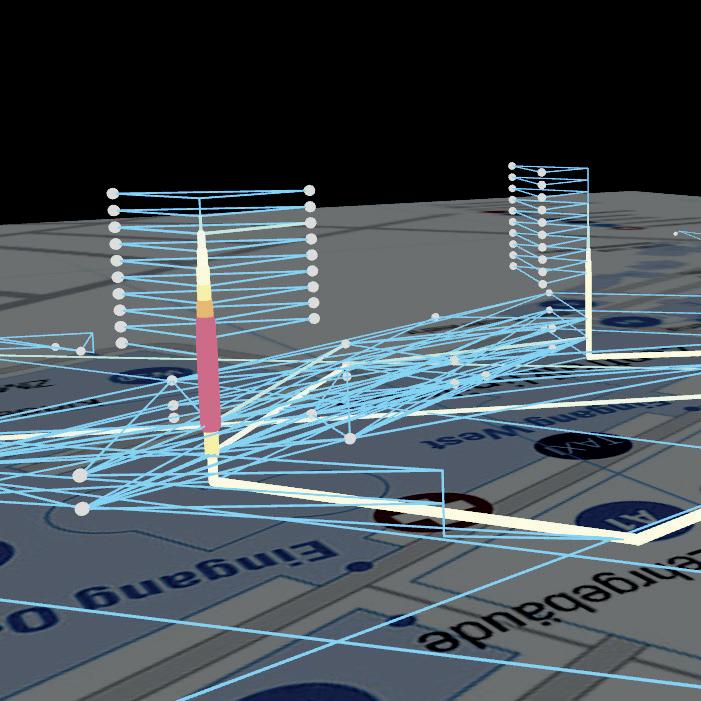
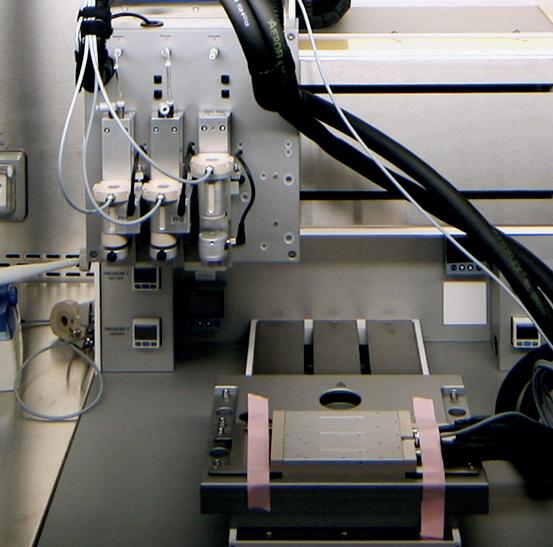
• Electropolishing
• Anodising
• Hydrophilisation / plasma treatment
• Sterilisation
• Ultrasonic cleaning
• Sandblasting
• Surgical navigation systems
• Augmented and Virtual Reality
• 3D Graphics
• Data Visualization
• Medical protocols (DICOM, HL7 etc.)
• Development of highly interactive visual user interfaces (web & desktop)
• Large Language Models (LLMs)
• Clinical Decision Support Systems
Analytical Instruments (Developed
In-House and Commercial Systems)
• Microcomputer tomography
• SEM / EDX incl. sample preparation by ion-milling
• Universal tribometer
• Static and dynamic biomechanical analyses
• Removal Torque System
• 3D measurement and tracking
• Ultrasound imaging
• Infrared acquisition systems
• DVT/CBCT, O-Arm
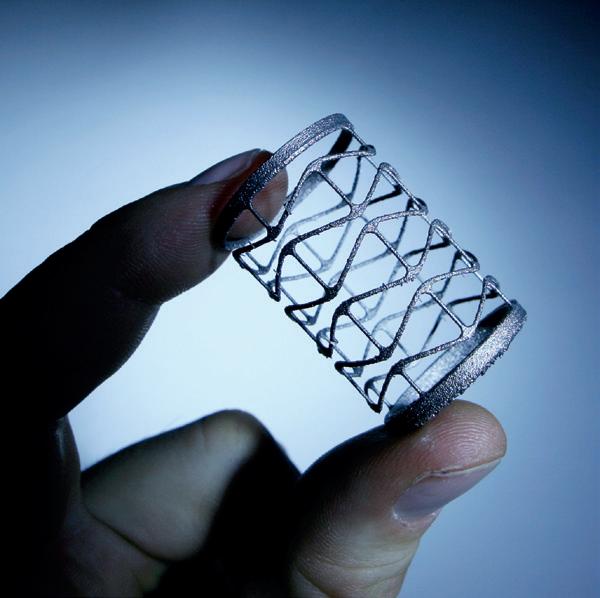
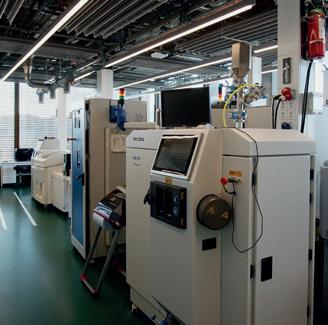
• Motion analysis with force plates, insoles, IMUs, cameras and mobile sensors
• X-ray diffraction
• High-speed image acquisition
• EMG / EEG / ECG-platforms
• Digital endoscopy
• Quantum magnetic field sensors
• Magnetic field probes from 100 pT to 4T
• Benchtop MRI spectrometer
• Calibrated Helmholtz coil
• Zero Gauss chamber
• Magnetic field cameras
• Gene sequencing
Software Platforms for Surgical Planning and Implant Design
• DICOM handling
• Image processing (including segmentation, registration & vectorisation)
• Surgical planning and navigation
• CAD and FEM, freeform design
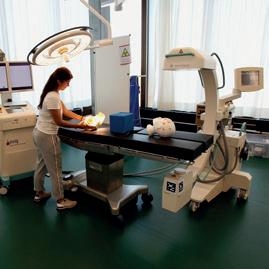
Laboratories
• OR / Robotics Lab
• Metallography / Materialography
• Medical microsystems
• Biomechanical test Lab
• Implant surface Lab
• Imaging Lab
• Bioprinting Lab
• Mechanical workshops
• Magnetic detection Lab
• Electronic and sensor Lab
• Biofabrication and Biohybrid Systems Lab
• 3D Nanofabrication Lab
• Quantum Lab
• aiHealth Lab
Study Programs
• BSc in Life Sciences in Medical Engineering
• BSc in Life Sciences in Medical Informatics
• MSc in Biomedical Engineering
• MSc in Medical Informatics
• CAS Applied Quantum Computing
• CAS CARAQA: Clinical, Regulatory and Quality Affairs for Medical Devices and In-Vitro Diagnostics
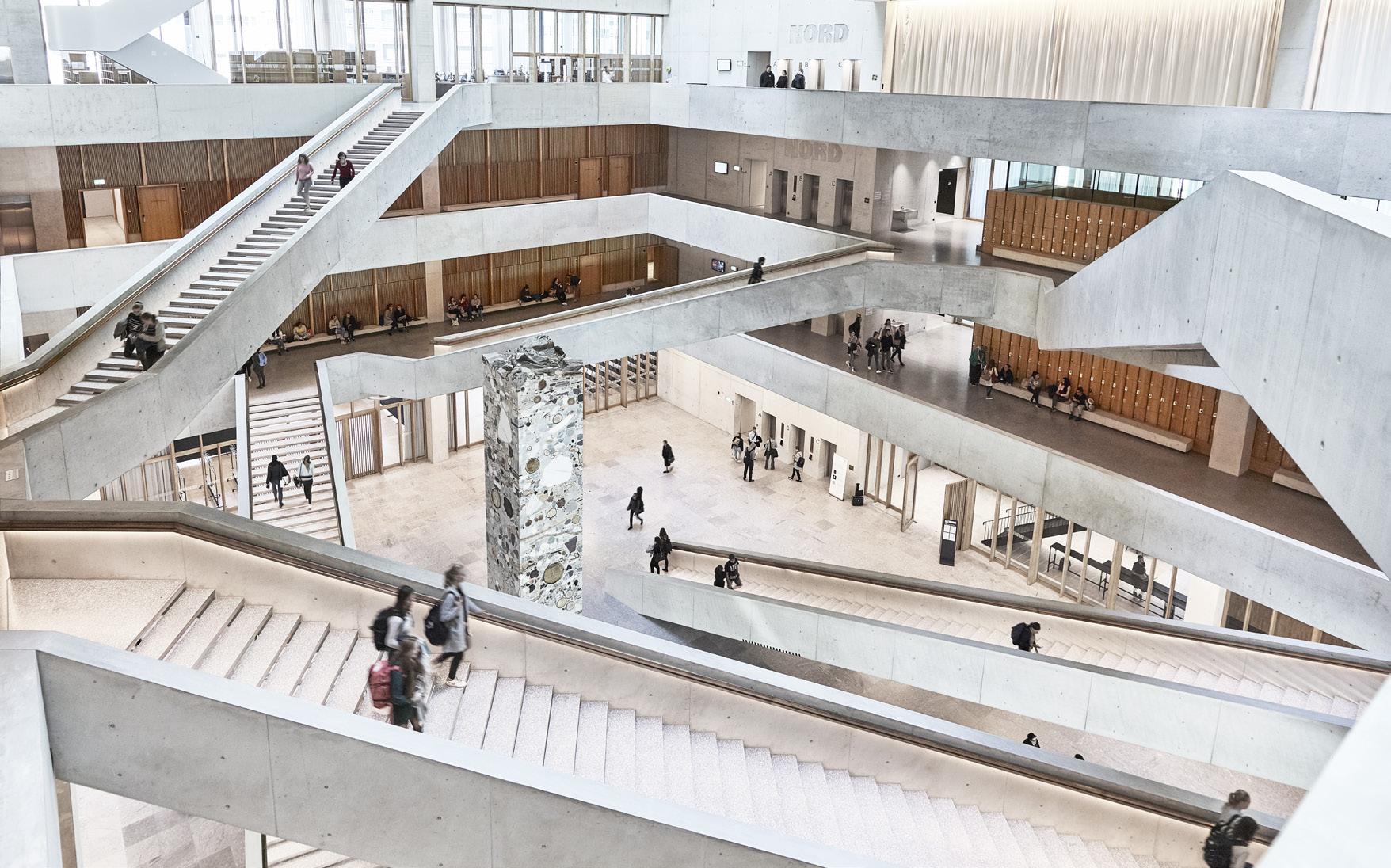
At the new FHNW Campus in the heart of Europe's largest life sciences region, the School of Life Sciences does cutting-edge research for a better future. State-of-theart infrastructure and equipment, including a new Process Technology Centre, enable our researchers and industry partners to work together to develop new technologies and products from concept to market.
The campus has an ideal location close to public transport links and with a view over Basel. In addition to the School of Life Sciences, the new FHNW Campus Muttenz houses the Schools of Architecture, Civil Engineering and Geomatics, Education, Social Work and Engineering, where around 4500 people study and work.
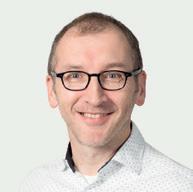
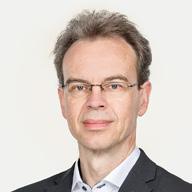
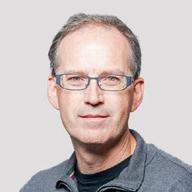
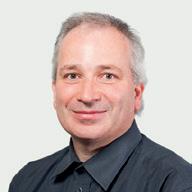
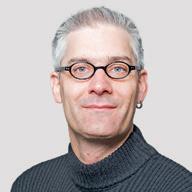
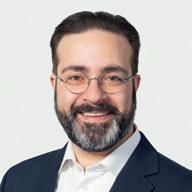
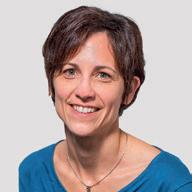
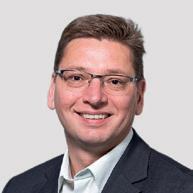
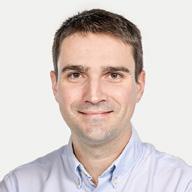
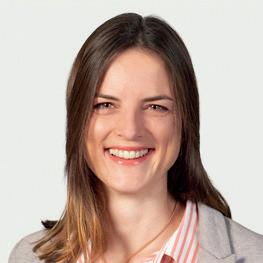
Institute for Medical Engineering and Medical Informatics
Prof. Dr. Erik Schkommodau
Head of Institute
Computer Aided Surgery
T: +41 61 228 54 19 erik.schkommodau@fhnw.ch
Daniel Behr
Clinical Information Systems
T: +41 61 228 61 76 daniel.behr@fhnw.ch
Prof. Dr. Dominique Brodbeck
Medical Decision Support Systems
T: +41 61 228 56 52 dominique.brodbeck@fhnw.ch
Prof. Markus Degen
Dean of BSc Medical Informatics, Medical Engineering
Clinical Information Systems
T: +41 61 228 56 53 markus.degen@fhnw.ch
Prof. Dr. Michael de Wild
Functional Materials and Surfaces
T: +41 61 228 56 49 michael.dewild@fhnw.ch
Dr. Maurizio Gullo
Biofabrication
T: +41 61 228 53 31 maurizio.gullo@fhnw.ch
Prof. Dr. Simone Hemm-Ode
Methods and Systems for Optimising Neuroclinical Care
T: +41 61 228 56 89 simone.hemm@fhnw.ch
Prof. Dr. David Hradetzky Dean of MSc in Biomedical Engineering
Minimally Invasive Systems
T: +41 61 228 54 58 david.hradetzky@fhnw.ch
Prof. Dr. Clément Javerzac
Applied Quantum Computing
T: +41 228 51 89 clement.javerzac@fhnw.ch
Denise Kalt
Computer Aided Surgery
T: +41 61 228 54 08 denise.kalt @fhnw.ch
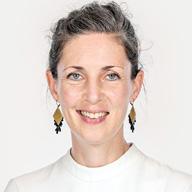
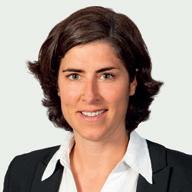
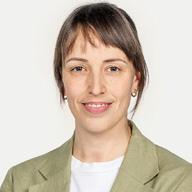
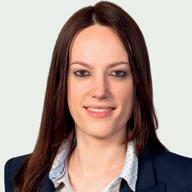

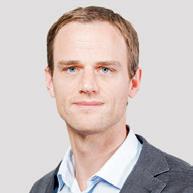
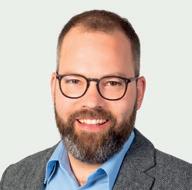


Prof. Dr. Antje-Christin Knopf
Medical Image Processing and Medical Physics
T: +41 228 62 24 antje.knopf@fhnw.ch
Rahel Lüthy
Medical Decision Support Systems
T: +41 61 228 57 27 rahel.luethy@fhnw.ch
Dr. Romy Marek
Functional Materials and Surfaces
T: +41 61 228 54 19 romy.marek@fhnw.ch
Prof. Dr. Enkelejda Miho
Artificial Intelligence in Health
T: +41 61 228 58 47 enkelejda.miho@fhnw.ch
Dr. Uri Nahum
Dean of MSc in Medical Informatics
T: +41 1 228 61 93 uri.nahum@fhnw.ch
Prof. Dr. Joris Pascal
Sensor-Systems for Diagnosis and Therapy
T: +41 61 228 56 47 joris.pascal@fhnw.ch
Daniel Seiler
Implant Design and Production with Additive Manufacturing
T: +41 61 228 58 48 daniel.seiler@fhnw.ch
Dr. Dorian Vogel
Methods and Systems for Optimising Neuroclinical Care
T: +41 228 54 42 dorian.vogel@fhnw.ch
Prof. Dr. Reto Wildhaber
Signal Analysis and Digital Biomarkers
T: +41 61 228 58 48 reto.wildhaber@fhnw.ch
For further information about our research fields: www.fhnw.ch/im2-en
The FHNW incorporates nine facilities:
– FHNW School of Applied Psychology
– FHNW School of Architecture, Civil Engineering and Geomatics
– FHNW Academy of Art and Design
– FHNW School of Life Sciences
– FHNW Academy of Music
– FHNW School of Education
– FHNW School of Social Work
– FHNW School of Engineering
– FHNW School of Business
FHNW University of Applied Sciences and Arts
Northwestern Switzerland
School of Life Sciences
Hofackerstrasse 30
CH - 4132 Muttenz
T +41 61 228 55 77 info.lifesciences@fhnw.ch
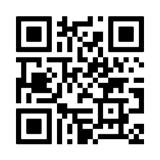
www.fhnw.ch/im2-en